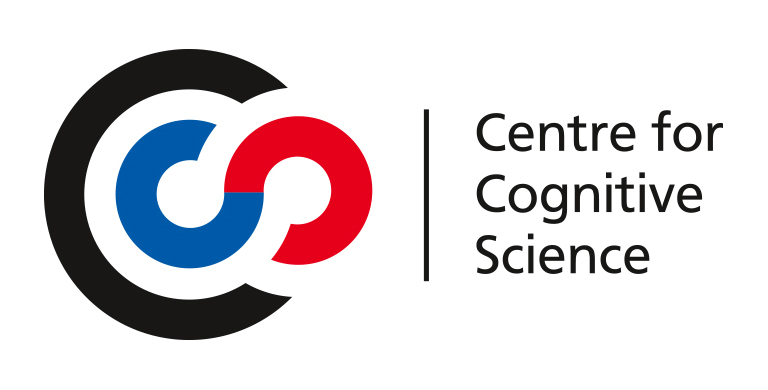Date: Wednesday, 27.04.22 17:00 CET
Location:
TU Darmstadt
Altes Hauptgebäude / S103, Room 223
Hochschulstraße 1, Darmstadt
Abstract:
Natural language is strongly context-dependent and can be perceived through different sensory modalities. For example, humans can easily comprehend the meaning of complex narratives presented through auditory speech, written text, or visual images. To understand how complex language-related information is represented in the human brain there is a necessity to map the different linguistic and non-linguistic information perceived under different modalities across the cerebral cortex. To map this information to the brain, I suggest following a naturalistic approach and observing the human brain performing tasks in its naturalistic setting, designing quantitative models that transform real-world stimuli into specific hypothesis-related features, and building predictive models that can relate these features to brain responses. In my talk, I will present models of brain responses collected using functional magnetic resonance imaging while human participants listened to or read natural narrative stories. Using natural text and vector representations derived from natural language processing tools I will present how we can study language processing in the human brain across modalities, in different levels of temporal granularity, and across different languages.
Bio:
Group Leader @ Institute of Software Engineering and Theoretical Computer Science Technische Universität Berlin
Principal Investigator @ Helen Wills Neuroscience Institute, University of California – Berkeley, CA, USA


